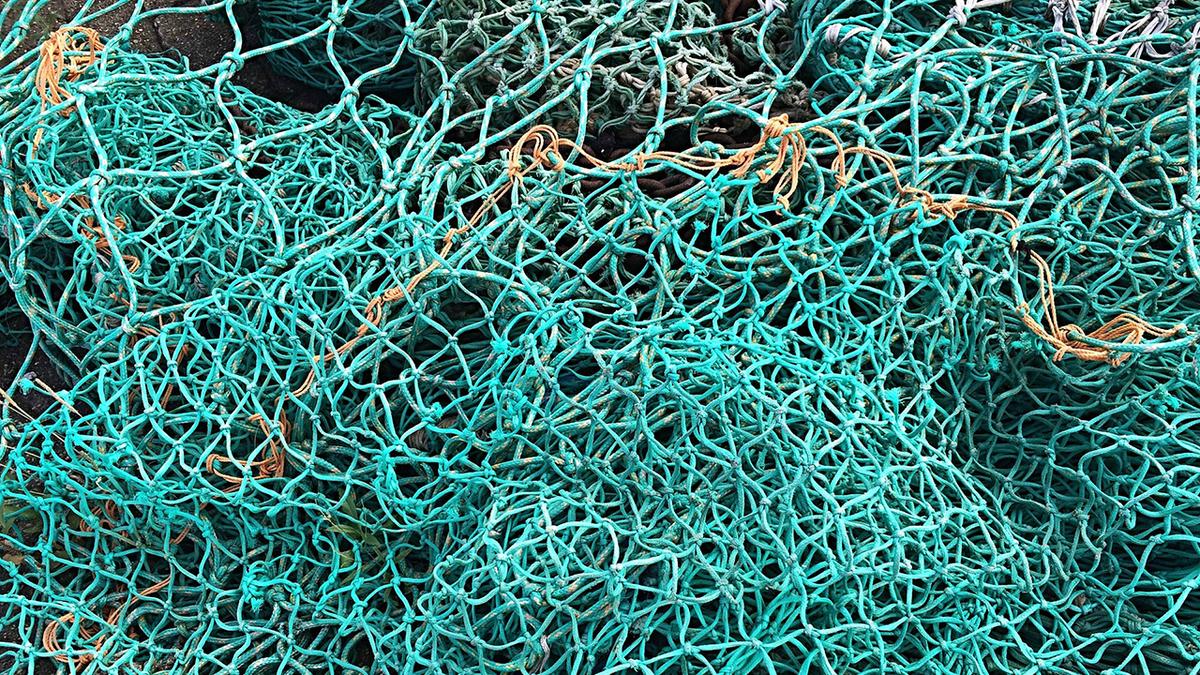Minnesotans are expressing interest in the state’s growing aquaculture industry and Minnesota Sea Grant is exploring that topic at an April 26-27 workshop at the University of Minnesota Twin Cities.
The workshop will address the status, trends and future for raising food-fish such as walleye, trout, and shrimp in Minnesota and the upper Midwest.
“We hope to kick-start Minnesota's fledgling local fish-food industry by supplying the science needed for sustained development and successful management,” said John Downing, Minnesota Sea Grant director. “Previously, much of aquaculture in Minnesota has been growing bait fish.”
Workshop participants will assess whether an environmentally responsible and sustainable food-fish aquaculture industry can be established in Minnesota, and if so, what are the best ways to proceed.
Invited participants include national and local experts in food-fish aquaculture and aquaponics, growers from the upper Great Lakes states, staff from Minnesota agencies that license and regulate aquaculture programs and a variety of businesses interested in learning more about this growing industry.
“Minnesota regulatory and management agencies must be prepared for the potential development of new and diverse forms of aquaculture,” said Don Schreiner, Minnesota Sea Grant fisheries specialist and workshop organizer. “A major objective during the development of any aquaculture in Minnesota is to avoid risk to the very productive and highly valuable natural aquatic systems for which Minnesota is known.”
Commercial aquaculture provides a major opportunity to help meet the increasing demand for meat protein. Growing public interest in local, sustainable and safe food production could be met by food-fish aquaculture.
“We will be asking participants about what aquaculture production strategies might be best given Minnesota’s harsh weather,” said Schreiner. “We also want to talk about which strategies best minimize potential risks to water quality and wild fish stocks.”
Minnesota Sea Grant extension educators will facilitate the workshop and produce a report, a series of videos and a list of production methods and species that workshop participants identify as having the most potential for success in Minnesota.
“One of many strengths of Minnesota Sea Grant extension educators is their ability to frame the critical questions about issues, such as aquaculture, that are necessary to ensure an outcome of rigorous, credible, and above all useful information,” said Downing, workshop coordinator. “Our educators have considerable experience and in-depth understanding of how to translate science into information people can use to make sound decisions.”
The report, videos and other workshop outcomes will be available to potential growers, state agencies, the public and anyone interested in aquaculture online at www.seagrant.umn.edu.
Support for the workshop comes from a competitive grant awarded to Minnesota Sea Grant from Oceanic and Atmospheric Research, National Oceanic and Atmospheric Administration, Department of Commerce.
Minnesota Sea Grant facilitates interactions among the public and scientists to enhance the environment and economies along Lake Superior and Minnesota's inland waters by identifying information needs, fostering research, and communicating results. Minnesota Sea Grant is funded by the National Oceanic and Atmospheric Administration (NOAA) and the University of Minnesota. It is part of NOAA Sea Grant, a network of 33 similar science-based programs.
